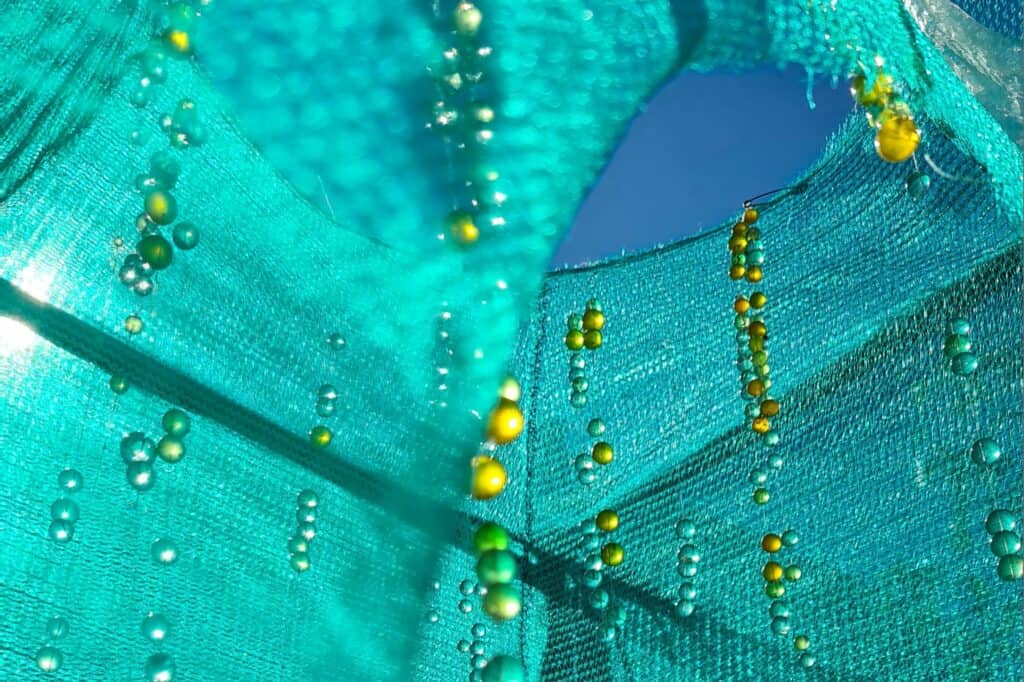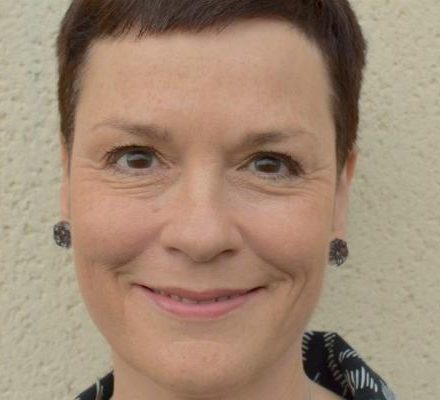EFI is publishing a series of blogs that invite our community to respond to the existing crisis of COVID-19 through a variety of lenses. These lenses, economy, sustainability, creativity, history, health, justice, education, democracy, societies, are some of the themes critical to recovery. Members of the EFI community from across the University, different schools, disciplines and experiences, will share their work and insight and help us consider our present future.

Why the creative communities are critical to coronavirus recovery
University of Edinburgh Director, Festivals, Cultural and City Events, Janet Archer, introduces Culture Conversations, an online series of free events hosted in partnership with EFI, exploring how the arts can be part of the civic, emotional and economic recovery.
The stark reality of the coronavirus pandemic and its impacts are never far from our thoughts. But it is critically important to remember that other global concerns haven’t gone away. Brexit and climate change still loom large, while inequality, domestic violence and civil unrest are all on the rise. Life is hard for many. In Edinburgh, more than 80,000 people, including almost one in four children, live in poverty and an increasing number of our citizens rely on foodbanks.
Culture has a lot to offer against this backdrop of so much uncertainty. It provides a powerful way to foster and navigate relationships across communities. The arts’ essential desire to find things out, tussle with and reflect on them trains us to learn better whatever subject we are studying. Participation in the arts can inspire people from all backgrounds to think big, believe in themselves and access new networks. Its little surprise then that a 2013 Scottish Government report suggests people who engage in cultural activities are more likely to feel healthier and happier than those who do not. The Mental Health Foundation also found participatory arts can have a profound impact on older peoples’ mental and physical wellbeing. A more recent scoping review by Edinburgh Culture Conversations panellist Dr Daisy Fancourt What is the evidence on the role of the arts in improving health and wellbeing? was published by the World Health Organisation in 2019.
More than 100 years of public investment has made culture more democratic and widely available through museums, libraries, theatres, concert halls and art galleries. So much so, the latest Scottish Household Survey indicates nine in ten adults participated in cultural activities or visited events in 2018. The arts also have a hugely significant economic impact. In Scotland, they underpin a creative sector which employs more than 87,000 people and contributes more than £4.6bn to the country’s economy. Attracting more than 4.9 million attendances each year – the same as the FIFA world cup – Edinburgh’s Festivals alone are responsible for more than 6,000 full-time jobs and generate over £310m for the Scottish economy each year.
Culture as a vehicle for recovery
This July, August and September, the University of Edinburgh and EFI’s Culture Conversations is exploring how the arts can be part of the civic, emotional and economic recovery. Distinguished speakers such as Scots Makar, Jackie Kay, Edinburgh International Festival CEO, Fergus Linehan and Birds of Paradise Artistic Director and CEO, Robert Softley Gale will consider how we can practically support the creative industries to rebound from the pandemic. The free events also include multi award-winning singer-songwriter Karine Polwart, BBC Scotland Black and Scottish Producer, Stewart Kyasimire and British Art Show 9 artist Hanna Tuulikki.
Reinvention, not just rebuilding
Theatre, museum, gallery, arts centre and cinema closures have hit this remarkable sector hard. While significant investment during the past months through different schemes across the UK has provided a level of stability for some, real recovery for many cultural organisations will only happen when a Covid-19 vaccine is found and implemented. Venues across the world are working hard to consider how the ‘new normal’ will look and feel. The challenge will be economic; finding new models in an environment of suppressed ticket sales is not going to be easy. Yet we must find ways to protect and preserve the widespread access to the arts we enjoyed before this crisis.
While focusing on the preservation and reopening of physical spaces is essential, we shouldn’t forget the large number of freelancers and self-employed performers make up a significant proportion of Scotland’s arts sector. Together, these skilled independent professionals have performed an invaluable civic service during this crisis to bring culture and creativity to help us through the lockdown. Their contribution is evident in the National Theatre of Scotland’s Scenes for Survival artworks produced by and filmed by performers in their personal spaces and The Scotsman Sessions’ lockdown artists’ video performances, which have brought contemporary Scottish culture into homes around the world. Meanwhile, people everywhere have gathered at a hyper-local level to sing, tell stories and dance in their streets. Expressing how we feel through the arts and creativity helps us achieve meaning in our lives which strengthens all that being Human entails. It will be central to our recovery.
Despite Edinburgh Festivals’ first cancellation in its 73-year history, Edinburgh’s community is also ensuring the cultural tapestry the city is so well known for continues digitally. The ECA Degree Show 2020, Edinburgh International Science Festival, Edinburgh International Children’s Festival, Imaginate, and the Scottish Arts and Mental Health Festival all made a switch to online this year. The Edinburgh International Fringe Festival is providing opportunities for artists to showcase their work online and running a series of digital activities including a festival-wide fundraising platform. The Edinburgh International Festival will host a series of digital events, including a collaboration with EFI to revisit last year’s Morning Manifesto, a collection of manifestos for the future from international writers. The Edinburgh International Culture Summit will present a digital edition in 2020. Meanwhile, the University’s The James Tate Black Prizes for literature and drama and The Fresh Ideas Festival will both also be back as online events for the first time.
Striking the right balance
Our innate need for the connection that live events provide means that there is not much appetite for a permanent digital switch among the cultural sector. The unique shared experience between performers, audiences and crew is the foundation of the theatre. Still, we’d be foolish to overlook the opportunities technology offers to create and engage new and broader audiences, and the ingenious people who make this possible. Perhaps there are lessons to learn from the games and technology industries which could help the arts get through this period.
Conversely, The Stove Network Dumfries and Galloway’s suggestion of a basic income to support artists and creative sector professionals to use their skills to rebuild communities may not have resonance with everyone. Still, the evidence of creative individuals’ undoubted value to society is overwhelming. This defining moment can be an opportunity to re-imagine how to embrace this massive talent pool and acknowledge how culture can be part of the policy prescription to enhance physical and mental health, foster resilience, address isolation and social exclusion and build connections across communities. All of which is much needed and will help shape a better society for the future. With the right investment, Scotland could lead the way in a creative response to the coronavirus pandemic. The opportunity-cost presents a compelling case and one which policymakers should take seriously.
Janet Archer is Director, Festivals, Cultural and City Events
Edinburgh Culture Conversations is an online event series bringing together members of the public, artists, academics and cultural leaders to debate how the arts and creative sectors can help society recover from the effects of Covid-19. EFI’s Director, Professor Lesley McAra, will join the final panel on Monday 14 September. Find out more or register for the free events via Eventbrite.
Janet Archer
Director, Festivals, Cultural and City Events






